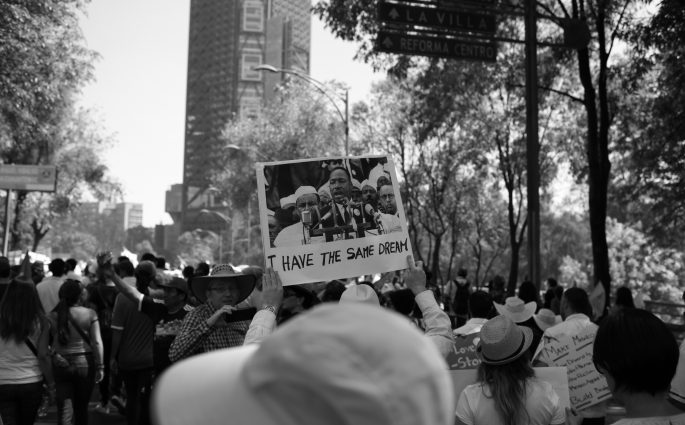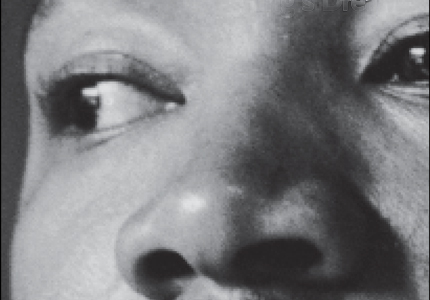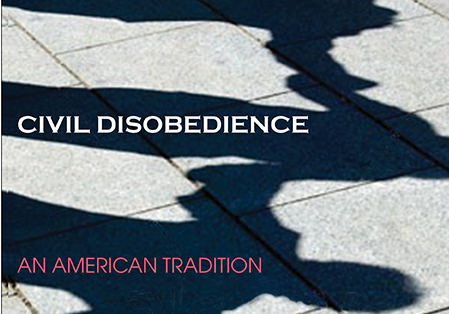Standing Rock
Thomas Grillot— The mobilization against the Dakota Access Pipeline (DAPL) in the winter of 2016-2017 has made headlines throughout the world. In the first days of September 2016, the challenge raised by members of the Standing Rock Sioux Tribe to the unbridled exploitation of natural resources in their region and




